
This is not an uncommon T question; historians have chewed it over for more than a century now. At its heart is the notion that had the heir to the Austro-Hungarian empire, Archduke Franz Ferdinand, not been shot dead by Gavrilo Princip on 28 June 1914 - indeed, had he and his wife Sophie not visited Sarajevo, capital of Austrian-occupied Bosnia, on that weekend - then World War I would never have happened.
Without the Sarajevo assassination triggering a chain of events that led to the declaration of war a month later, years of bloodshed and slaughter could have been avoided and Europe would likely have been a very different place during the 20th century. Paul MillerMelamed, associate professor of history at McDaniel College in Maryland, sees this endless conjecture as largely optimistic in nature. "Most paint a positive trajectory. For example, the multinational Austro-Hungarian empire might have eventually unified with union," he says. "Then these central European powers could have constituted the seedbed for today's European Union, a union forged not in two world wars, but in peaceful economic interests."
TRIGGERING A WAR?
There are a number of other things that would have been different had there been no war. Firstly, there would have been no Hitler or Mussolini coming to power as a result of the grievances arising from the war's peace treaties, and there would have been no Bolshevik revolution in Russia, and so no Lenin or Stalin. "The only thing that I feel at liberty to say about subsequent events is that they could not have been any worse," asserts Professor Miller-Melamed. "It's simply impossible for me to imagine Europe following a worse trajectory than it did during the 20th century."
Denne historien er fra September 2022-utgaven av History Revealed.
Start din 7-dagers gratis prøveperiode på Magzter GOLD for å få tilgang til tusenvis av utvalgte premiumhistorier og 9000+ magasiner og aviser.
Allerede abonnent ? Logg på
Denne historien er fra September 2022-utgaven av History Revealed.
Start din 7-dagers gratis prøveperiode på Magzter GOLD for å få tilgang til tusenvis av utvalgte premiumhistorier og 9000+ magasiner og aviser.
Allerede abonnent? Logg på
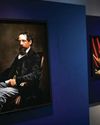
'Dickens's evocation of the fears, excitement and confusion of childhood is peerless'
DR LEE JACKSON ON WHY CHARLES DICKENS REMAINS RELEVANT TODAY
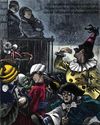
THE AUTHOR GOES ABROAD
Dickens expanded his horizons and boosted his fan-base by venturing overseas - but global fame came with a cost
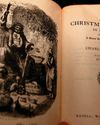
REVIVING THE FESTIVE SPIRIT
A Christmas Carol wasn't just a bestseller - it changed the way that Britons chose to mark the festive season
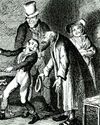
GIVING THE POOR A VOICE
From Hard Times to Oliver Twist, Charles Dickens used his pen to help illuminate the lives of the less fortunate
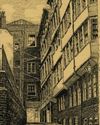
A JOURNEY THROUGH DICKENS'S LONDON
The works of Charles Dickens are synonymous with visions of Victorian London. We talk to Dr Lee Jackson about the author's love of the capital, and the locations that most inspired him
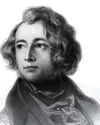
EXCEEDING EXPECTATIONS
Dr Lee Jackson chronicles Charles Dickens's journey from down-at-luck teenager to titan of Victorian literature
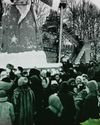
GIFTS, TREES & FEASTING
We take a journey through the photo archives to reveal how Christmas and its many traditions have been celebrated over the years - and around the world
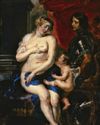
WHAT GREAT PAINTINGS SAY
We explore the story behind an allegorical painting that celebrates the triumph of love over hate, peace over war
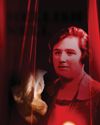
HELLISH NELL
Malcolm Gaskill delves into the life of Helen Duncan - the fraudulent Scottish medium whose ectoplasm-filled seances saw her ending up on the wrong side of the law
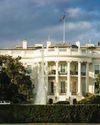
7 THINGS YOU (PROBABLY) DIDN'T KNOW ABOUT THE WHITE HOUSE
Presidential historian Dr Lindsay M Chervinsky reveals some of the most surprising facts about the world-famous US residence